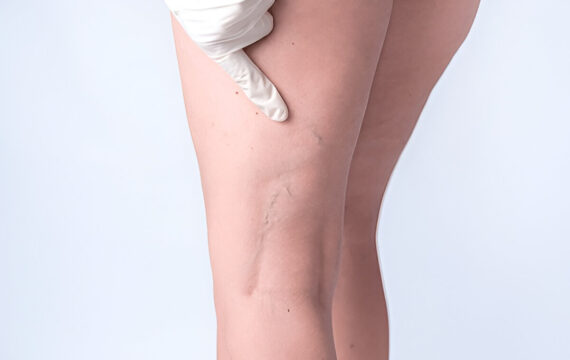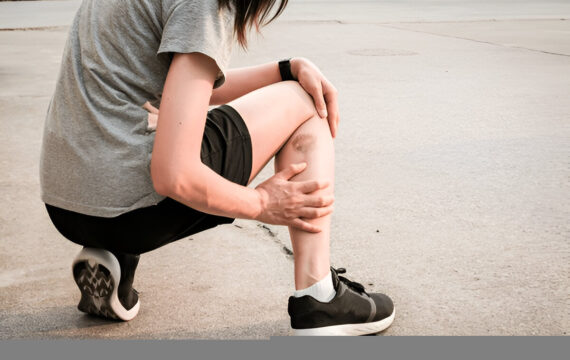Venous insufficiency is a condition that occurs when the veins struggle to send blood back to the heart, leading to symptoms like swelling, pain, and skin changes, particularly in the legs. While medical treatments can help manage the symptoms, adopting a healthy diet can also play a crucial role in alleviating symptoms and improving overall vascular health. Here’s a guide to the best foods to include in your diet for managing venous insufficiency.
Focus on Fiber-Rich Foods
A high-fiber diet can help prevent constipation, which can worsen venous insufficiency. Aim for:
- Fruits: Berries, apples, oranges, and pears.
- Vegetables: Broccoli, carrots, spinach, and artichokes.
- Whole Grains: Oats, quinoa, whole wheat bread, and brown rice.
- Legumes: Beans, lentils, and chickpeas.
Incorporate Healthy Fats
Healthy fats can help reduce inflammation and support overall vascular health. Include sources of omega-3 fatty acids and monounsaturated fats:
- Fish: Salmon, mackerel, sardines, and trout.
- Nuts and Seeds: Walnuts, chia seeds, flaxseeds, and almonds.
- Olive Oil: Use extra virgin olive oil as a dressing or for cooking.
Stay Hydrated
Proper hydration is essential for maintaining blood circulation. Aim for at least eight glasses of water a day, and consider including:
- Herbal Teas: Such as green tea or ginger tea, which can help with circulation.
- Coconut Water: A natural source of electrolytes that can support hydration.
Opt for Anti-Inflammatory Foods
Foods with anti-inflammatory properties can help improve vein health. Include:
- Fruits: Blueberries, cherries, and pineapple.
- Vegetables: Kale, sweet potatoes, and beets.
- Spices: Turmeric and ginger can also reduce inflammation.
Choose Lean Proteins
Proteins are vital for tissue repair and overall health. Select lean protein sources to minimize saturated fat intake:
- Poultry: Skinless chicken and turkey.
- Plant-Based Proteins: Tofu, tempeh, and legumes.
- Low-Fat Dairy: Greek yogurt and cottage cheese.
Limit Salt Intake
Excessive salt can lead to fluid retention, exacerbating swelling in the legs. Aim to reduce your sodium intake by:
- Avoiding processed foods, fast foods, and canned soups.
- Flavoring meals with herbs and spices instead of salt.
Be Mindful of Sugars and Refined Carbs
Foods high in sugar and refined carbohydrates can contribute to inflammation and weight gain, worsening symptoms. Limit:
- Sugary snacks and beverages.
- White bread, pastries, and other processed carbs.
Maintain a Healthy Weight
Carrying excess weight can put additional pressure on the veins. A balanced diet combined with regular exercise can help achieve and maintain a healthy weight. Focus on:
- Portion control.
- Mindful eating practices.
Conclusion
While diet alone cannot cure venous insufficiency, it can significantly impact the severity of symptoms and improve overall health. Incorporating a variety of nutrient-dense foods, staying hydrated, and managing sodium intake are essential strategies. Always consult a healthcare professional before making significant dietary changes, especially if you have existing health conditions. By making these dietary choices, you can support your vein health and enhance your quality of life.mary care physician, and then seek specialists who are experienced in diagnosing and treating nerve-related conditions. Research credentials, ask about treatment approaches, and feel free to seek a second opinion if needed. With the right medical support, you can effectively address nerve problems and regain control over your health.




